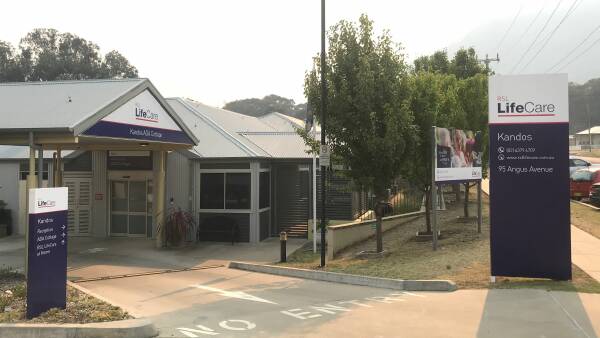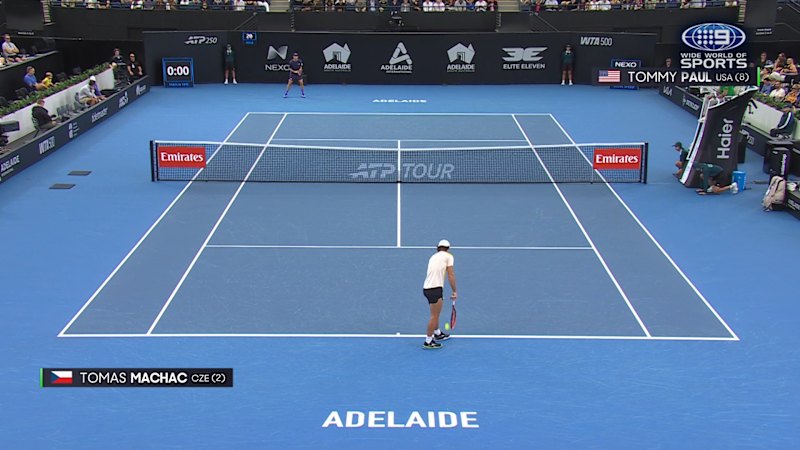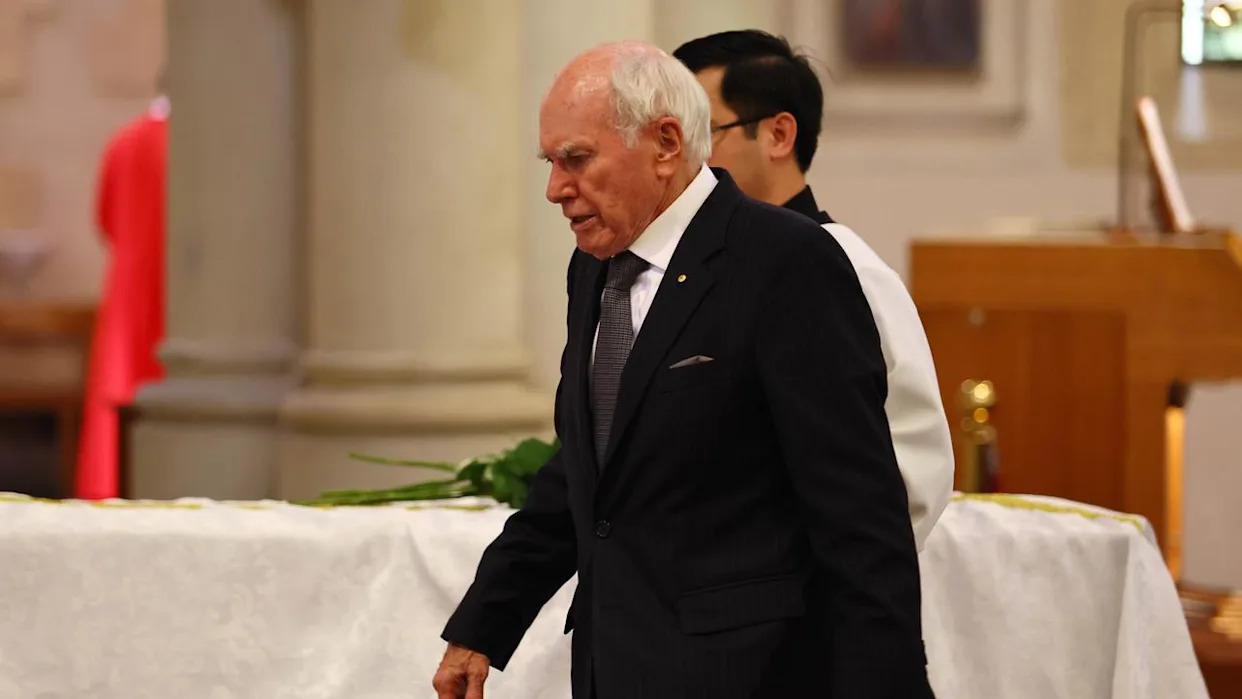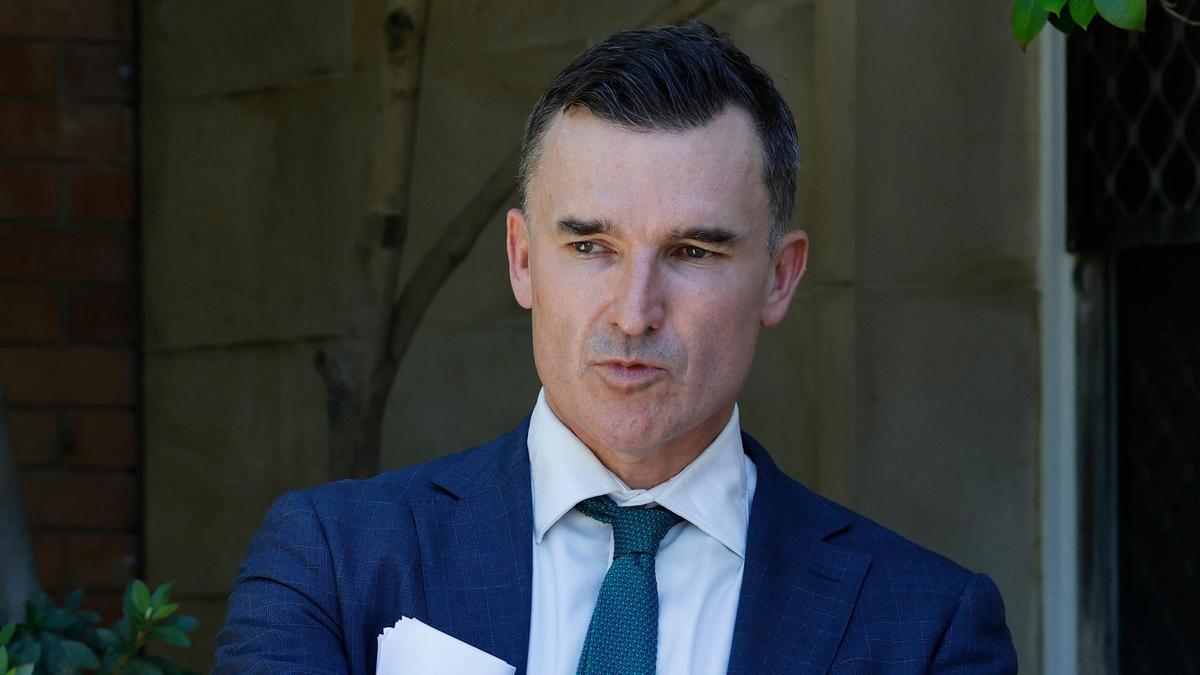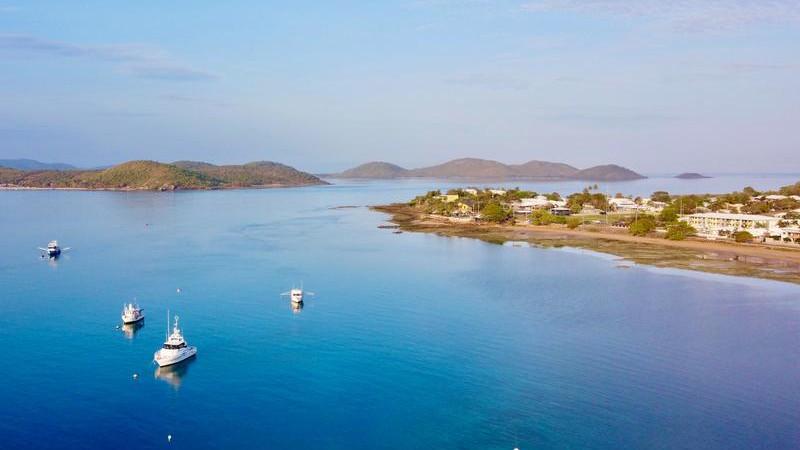
A recent ruling from an Australian court has denied a group of Torres Strait Islanders the right to sue the Federal Government for inadequate climate action. The decision, delivered on March 15, 2024, acknowledged that climate change, primarily driven by fossil fuel emissions, is significantly impacting the lives of these islanders.
Federal Court judge Michael Wigney stated during the ruling that the Torres Strait Islands, located between far-north Queensland and Papua New Guinea, are facing serious threats as rising sea levels gradually engulf their land. Despite recognizing the profound challenges posed by climate change, Judge Wigney ultimately concluded that the current legal framework does not permit claims for the loss of culture, customs, or traditions against the government.
The case was brought forth by islanders Pabai Pabai and Guy Paul Kabai, who testified about the irreversible damage to their sacred sites, hunting grounds, and ability to gather food due to climate change. Judge Wigney criticized the greenhouse gas reduction targets set by previous governments, specifically those under former prime ministers Tony Abbott and Scott Morrison, calling them “modest and unambitious.” He stated that these targets did not adequately reflect scientific recommendations and compromised efforts to mitigate climate change effectively.
While the judge acknowledged that Australia’s contribution to global greenhouse gas emissions is relatively small, he noted that the current targets still resulted in “no more than an extremely small and almost immeasurable increase in global average temperature.” This ruling poses a setback for activists worldwide who have sought to leverage legal avenues to challenge governmental climate policies.
Judge Wigney emphasized the dire circumstances faced by the Torres Strait Islanders, warning that they risk losing their islands and way of life, potentially becoming climate refugees. He remarked, “There is a very real risk they will lose their islands, their culture and their way of life.”
The lawsuit was initiated in early 2022, a few months before the election of the Albanese Labor Government. Pabai and Kabai received financial backing from the Urgenda Foundation, a Dutch environmental organization, and the Grata Fund, which supports legal actions related to progressive causes. Following the ruling, Kabai expressed his shock, stating, “I thought that the decision would be in our favour, and I’m in shock. This pain isn’t just for me; it’s for all people, Indigenous and non-Indigenous, who have been affected by climate change.”
In response to the ruling, Chris Bowen, Minister for Climate Change and Energy, along with Malarndirri McCarthy, Minister for Indigenous Australians, criticized the previous government’s climate policies. They emphasized their commitment to addressing the vulnerabilities faced by the Torres Strait Islands, stating, “Unlike the former Liberal Government, we understand that the Torres Strait Islands are vulnerable to climate change, and many are already feeling the impacts.”
As the world grapples with the consequences of climate change, this ruling highlights the complexities surrounding legal recourse for communities disproportionately affected by environmental degradation. The Torres Strait Islanders’ struggle underscores the urgent need for more ambitious climate policies and protective measures to safeguard vulnerable populations worldwide.
